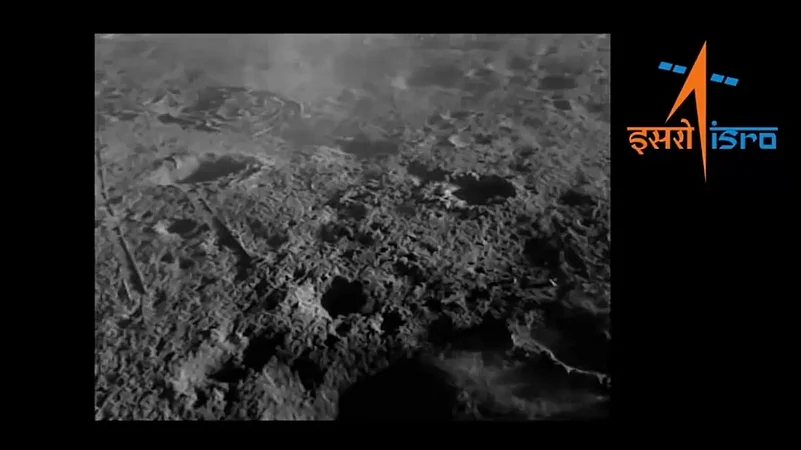The Indian Space Research Organisation shared the information on their social media handle that the Vikram lander of the Chandrayaan-3 mission soft-landed on the moon again with success. The space agency elaborated on the importance of this second landing for future missions to the moon.
ISRO shared a video of the hop experiment conducted on the Vikram lander on September 3 on X and wrote, "Vikram soft-landed on (the moon), again!"
Further explaining why it landed again on the lunar surface, ISRO said, "Vikram Lander exceeded its mission objectives. It successfully underwent a hop experiment."
How is the hop experiment conducted?
The lander was made to hop on the surface of the moon through an experiment conducted by the ISRO scientists. They elaborated on how the experiment was conducted, saying, "On command, it fired the engines, elevated itself by about 40 cm as expected and landed safely at a distance of 30 – 40 cm away."
Why is the hop experiment important?
ISRO says, "This 'kick-start' enthuses future sample return and human missions!". The success of the second soft landing of the lander has paved the way for other missions to the moon in the future that may also include a human to reach there and survive.
Condition of the Vikram lander
The space agency said that the systems performed nominally and are in a healthy state. They added, "Deployed Ramp, ChaSTE and ILSA were folded back and redeployed successfully after the experiment.
India scripted history by soft-landing the Vikram lander of Chandrayaan-3 on the lunar surface on August 23. India became the fourth country to touch the lunar surface and the first to ever reach the south pole of the moon.





















.png?w=200&auto=format%2Ccompress&fit=max)




